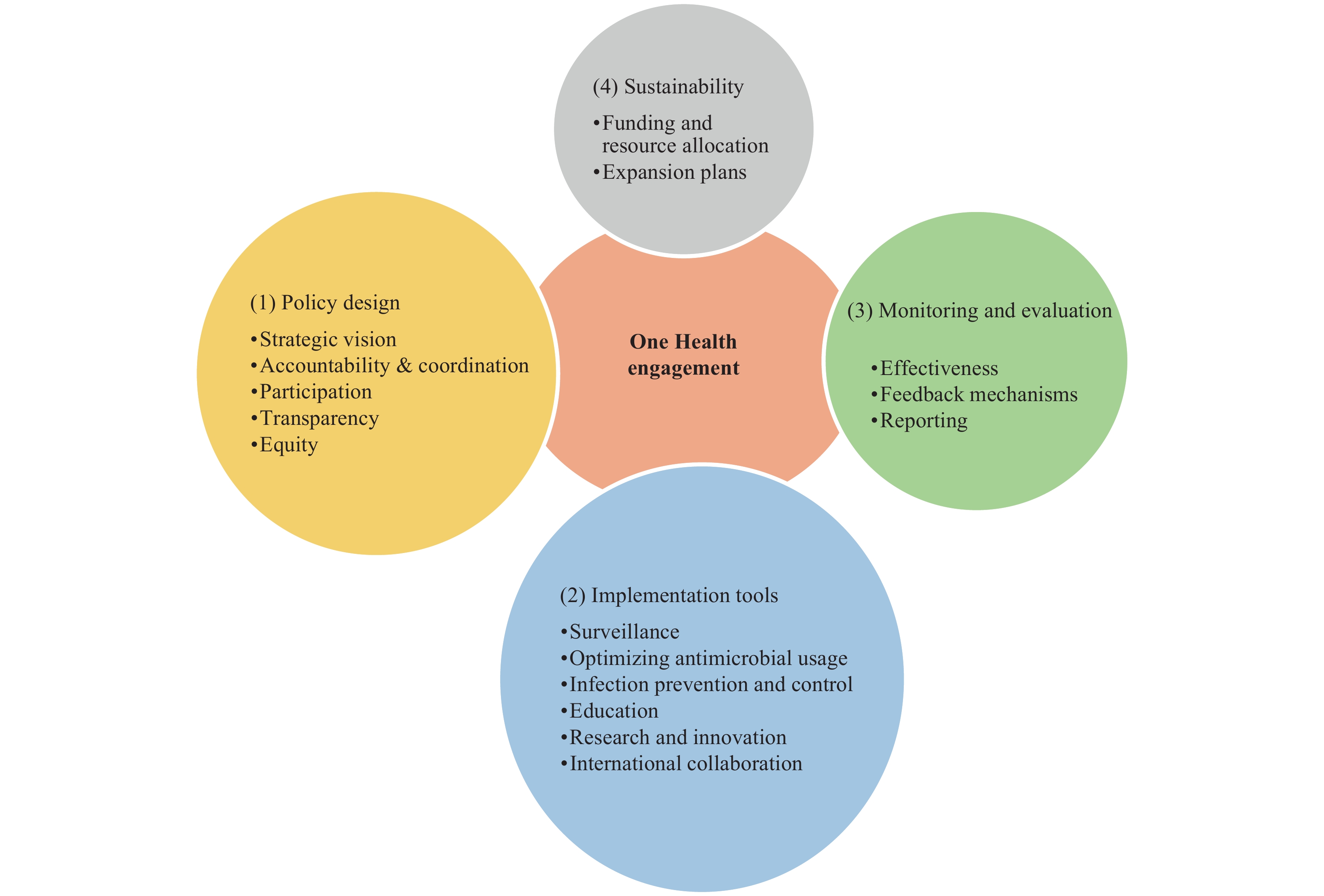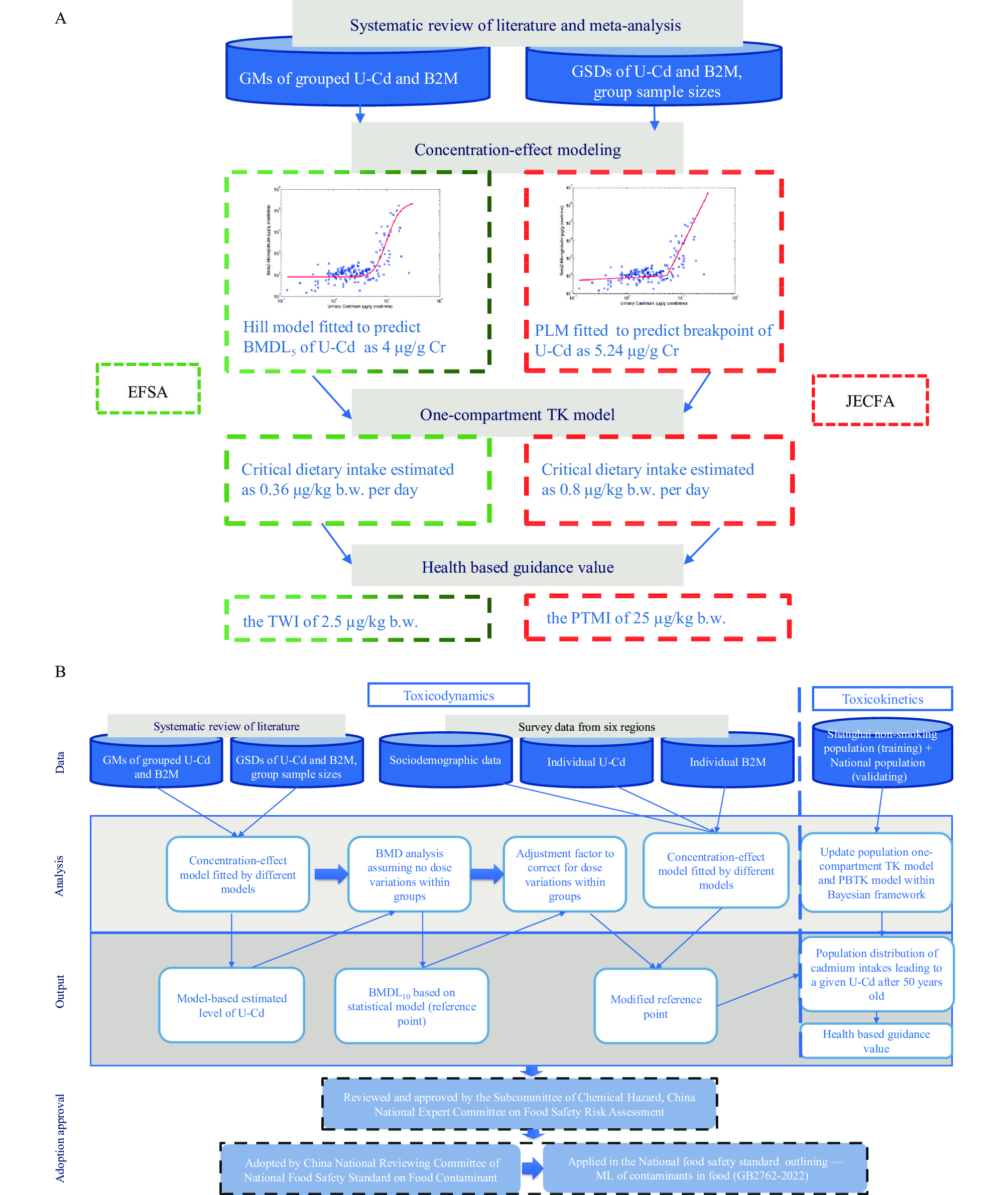2023 Vol. 5, No. 22
In terms of food preparation settings, catering service facilities have been identified as locations with the highest incidence of foodborne disease outbreaks in China. Since 2010, the China National Center for Food Safety Risk Assessment has established the Foodborne Disease Outbreak Surveillance System (FDOSS) to monitor foodborne disease outbreaks. Consequently, data from the FDOSS has provided a more accurate depiction of the epidemic characteristics of outbreaks within these facilities.
From 2010 to 2020, the FDOSS gathered data related to the prevalence of outbreaks, cases, hospitalizations, and deaths linked to foodborne disease outbreaks in catering service facilities. This study examined the temporal and geographical distribution, pathogenic factors, and contributing variables of these outbreaks over the course of the decade.
From 2010 to 2020, China’s catering service facilities reported 18,331 outbreaks, which resulted in 206,718 illnesses, 68,561 hospitalizations, and 201 deaths. The second and third quarters of the year accounted for 76.12% of the outbreaks and 72.93% of the cases. The primary pathogenic factors were pathogenic organisms, which caused 4,883 (26.64%) outbreaks, 94,047 (45.50%) cases, 32,170 (46.92%) hospitalizations, and 21 (10.45%) deaths. There were 5,607 (30.59%) outbreaks in restaurants, 2,876 (15.69%) outbreaks from street vendors, and 2,560 (13.97%) outbreaks in employee canteens in China.
The implementation of relevant control methods, including health education and promotion, is critical for addressing foodborne diseases in catering service facilities. Regular food safety training sessions for restaurant personnel and managers are essential to ensuring the effective management of these health risks.



 Subscribe for E-mail Alerts
Subscribe for E-mail Alerts CCDC Weekly RSS Feed
CCDC Weekly RSS Feed

